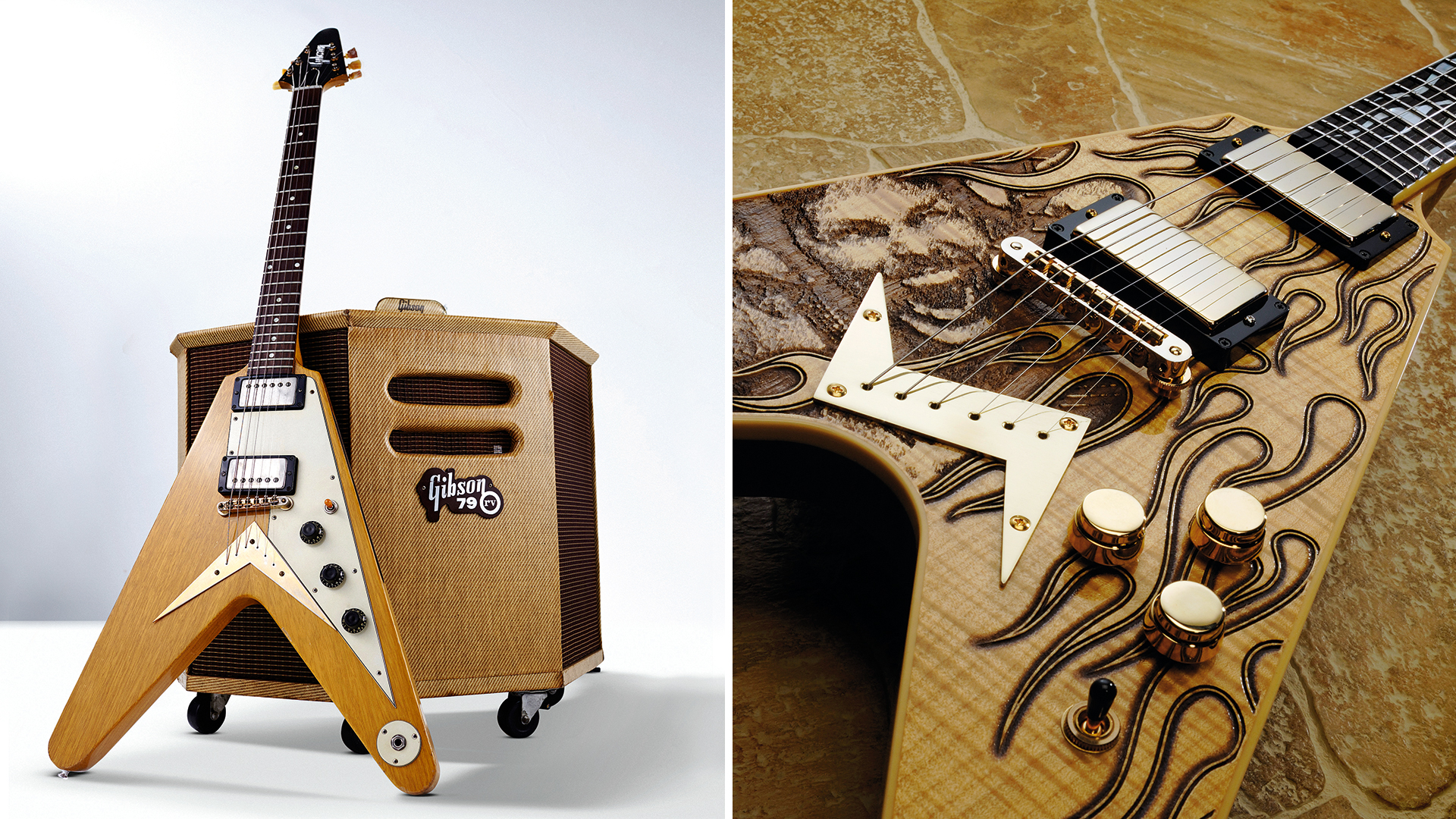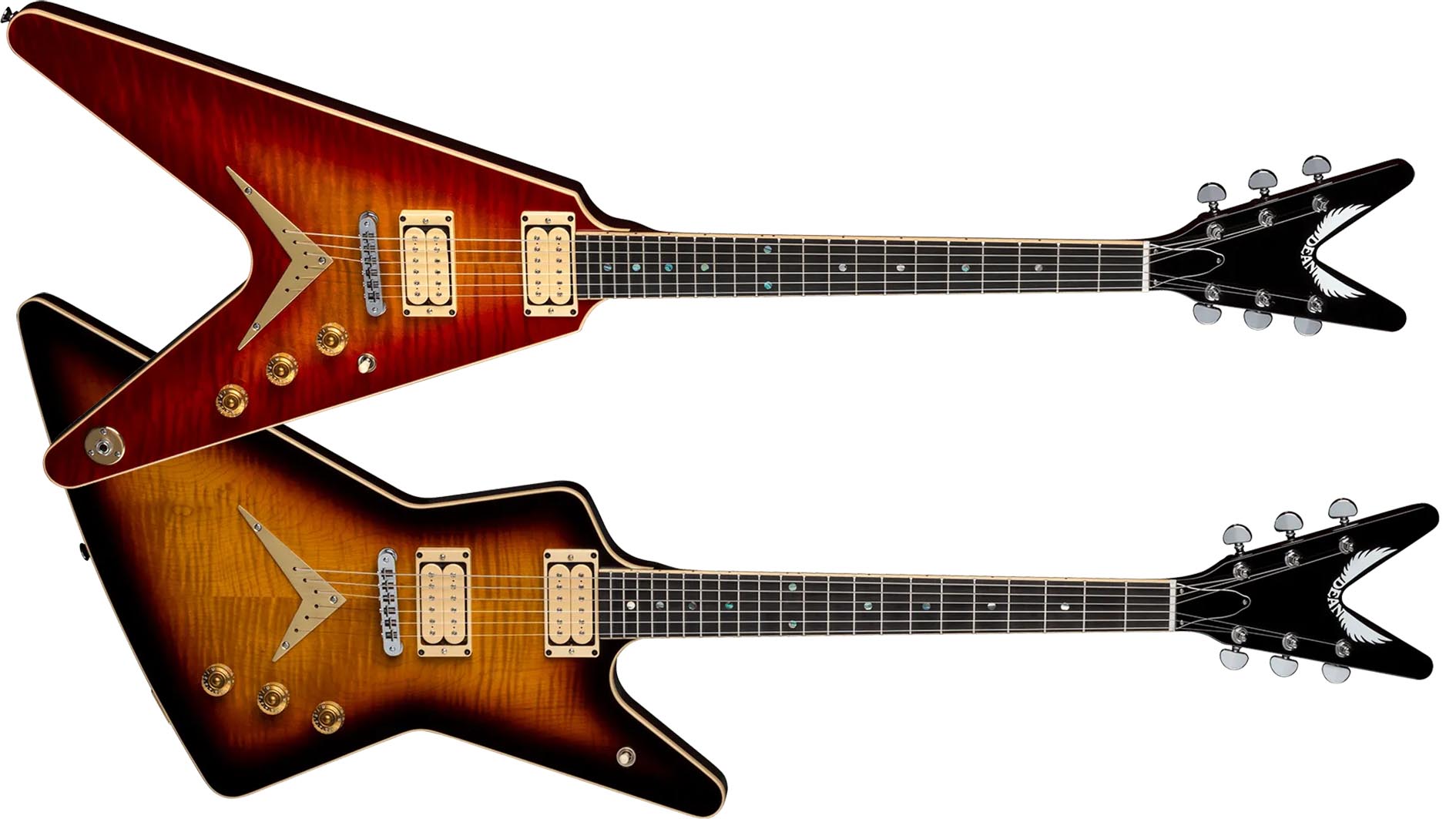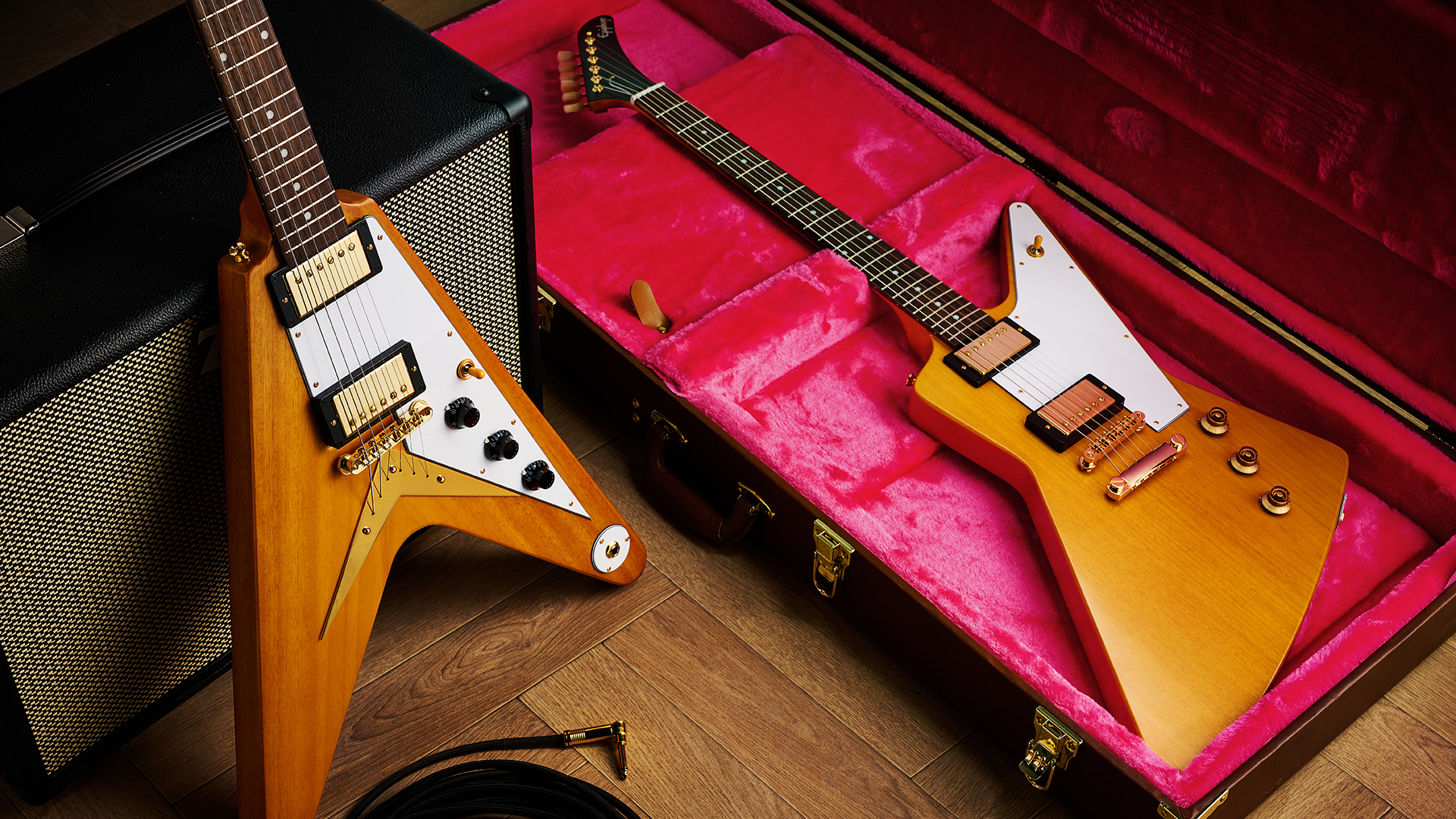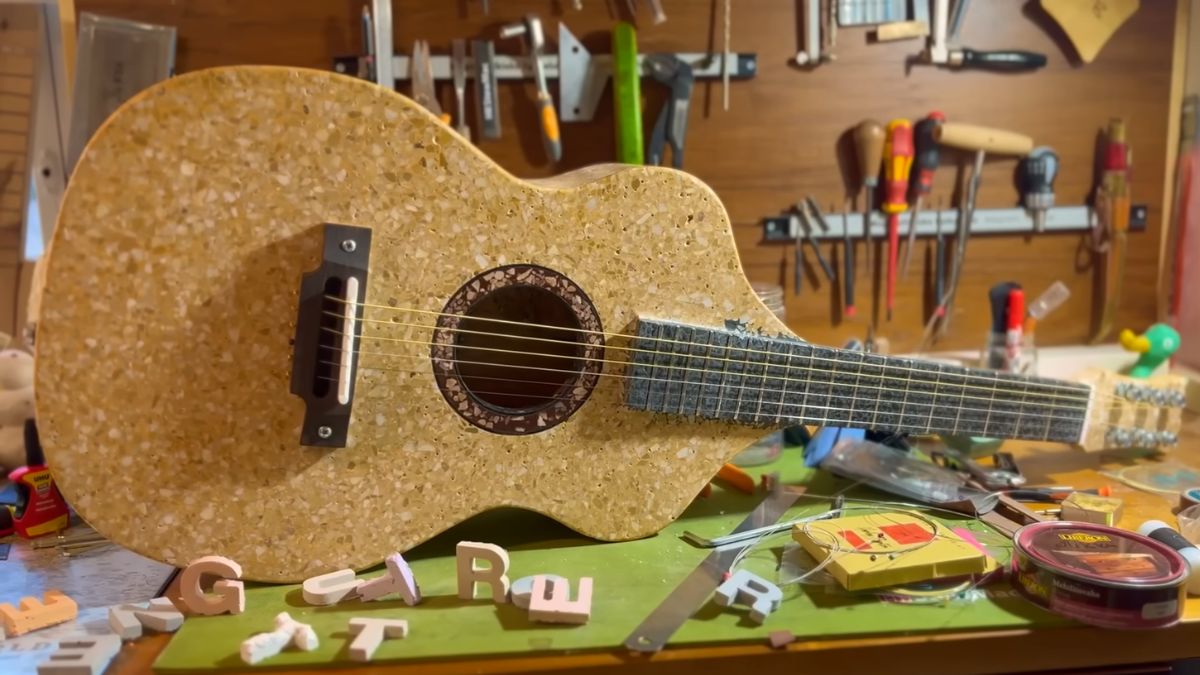Two years on from their landmark battle over body shapes, Gibson and Armadillo are back in court as the Dean producer seeks to appeal 2022 jury decision
The initial decision ruled in Gibson’s favor and prevented Armadillo from producing any more V or Z-style builds based on the classic outlines

Dean Guitars producer Armadillo Enterprises is appealing a 2022 decision that ruled it had counterfeited and/or infringed on Gibson trademarks, with the fifth circuit appeals court hearing the arguments yesterday (February 6).
The original case concerned guitars produced under the Dean brand that were said to infringe various marks, most notably its V- and Z-style designs, alongside Gibson’s SG and ES shapes, and the Dove Wing headstock.
At the time, the jury found that the V, Z and SG-style shapes used by Dean Guitars were counterfeits of Gibson equivalents and that it had infringed upon the trademark for the Dove Wing headstock (originally found on Gibson’s Futura model).
An injunction was then placed upon Armadillo preventing it from producing guitars using those design elements – significantly depleting its core line-up in the process. However, the decision also noted that Gibson had delayed in pursuing the matter – awarding the firm only $4,000 in damages.
Now Armadillo wants to persuade the panel to reverse the verdict or offer a new trial and remove/tweak the injunction placed upon it, ultimately in the hope of being able to add those models back to its line-up.
The basis of Armadillo’s appeal is that evidence supporting its argument that the shapes are regarded as generic in the guitar industry – and that therefore the trademarks should be canceled – was excluded from the initial trial.
The decision took place on the eve of the trial and, so argues Armadillo’s appeal document, “was without any legal basis or any evaluation of the prejudicial impact to Appellants’ substantive rights”.
Get The Pick Newsletter
All the latest guitar news, interviews, lessons, reviews, deals and more, direct to your inbox!

Among the excluded evidence, Armadillo points to a nationwide consumer survey that is says showed no confusion between the two brands’ products and argues guitarists are “sophisticated consumers long accustomed to distinguishing between guitars of varying manufacture with similar or identical body and headstock shapes”.
The survey was not included in evidence presented to the jury in the initial trial but was intended to support its position that there is a “near total absence” of confusion between “marks that have co-existed in the marketplace for decades”.
Essentially, it argues, the Dean branding was enough to distinguish the product in the eyes of the average guitar buyer.
In its appeal document Armadillo also references a previous case (Stuart Spector Designs Ltd vs Fender Musical Instruments) in which a group of guitar makers challenged Fender’s 2004 attempt to trademark the Strat, Tele and P-Bass shapes, successfully arguing they had become ‘generic’ in the industry.
As such, Armadillo hopes the fifth circuit appeals court will agree with its argument that the Gibson shapes have also become generic in the industry and allow a future trial to consider any previously excluded evidence supporting that argument.
We note Armadillo is now represented by Ronald S. Bienstock, the same MI attorney who represented the guitar firms – including the likes of Tom Anderson, Schecter, Suhr, Spector and more – in the aforementioned successful challenge of Fender’s trademark claim.
Meanwhile, Gibson won the initial Armadillo/Concordia case after it was noted that the legislation that established US trademark law (the Lanham Act) “defines ‘counterfeit’ as a mark – making no reference to the product as a whole.”

As such, Armadillo’s arguments relating to the clear branding on the guitars and their overall look were deemed irrelevant because most of the trademarks in question only related to the body and headstock shapes.
In addition, Gibson’s counter brief maintains that Armadillo’s argument that the shapes are generic is also flawed, because the generic defense should only consider events that occurred after the registration.
It points out that, given Gibson was granted the trademarks on the shapes in question in the years 1996-1999, Armadillo would therefore need to prove the shapes had become generic since that point – not their initial launch in the mid-20th century.
Having heard the arguments yesterday, the fifth circuit appeals court panel will now determine the future of the case. If it finds against Armadillo, the firm will remain unable to produce the classic V/Z-style builds in question under the Dean branding.
If it finds in Armadillo’s favor, the case may head back to the trial court in Texas to try all or part of the case again, albeit with a different jury and using the excluded evidence.
Of course, then there’s the prospect that Gibson itself could then issue a further appeal… All of which means, in short, that the fight could remain unresolved for a while yet.
The documents relating to the appeal can be found using the court of appeals docket number 22-40587.
Both Gibson and Armadillo Enterprises have been approached for comment.

Matt is Deputy Editor for GuitarWorld.com. Before that he spent 10 years as a freelance music journalist, interviewing artists for the likes of Total Guitar, Guitarist, Guitar World, MusicRadar, NME.com, DJ Mag and Electronic Sound. In 2020, he launched CreativeMoney.co.uk, which aims to share the ideas that make creative lifestyles more sustainable. He plays guitar, but should not be allowed near your delay pedals.
“The nuisance is exacerbated by the repetition and poor quality of some of the performances”: Buskers banned from London’s Leicester Square as performances likened to “psychological torture”
“It went wrong since Corona”: Bax Music, one of Europe’s largest musical instrument retailers, files for bankruptcy and ceases operations










